Multipolarity, global movement have ended US dollar dominance: Activist
A worldwide movement gaining momentum and the transition towards the multipolar world has put an end to the dominance of the US dollar, says a US-based activist.
Richard Becker, an anti-war activist from the Answer Coalition based in San Francisco, told Press TV in an interview on Monday that the US government is “very worried” about the dollar losing its dominance.
“The [US] government is very worried about this… there is a rising movement in the world along with the multipolarity that is emerging and has emerged, in fact, I think the movement has put an end to this kind of domination,” Becker remarked.
His remarks came after US Treasury Secretary Janet Yellen admitted that Washington’s imposition of unilateral sanctions on countries around the world could weaken the dominance of the US dollar.
“There is a risk when we use financial sanctions that are linked to the role of the (US) dollar that over time it could undermine the hegemony of the (US) dollar,” Yellen told CNN in an interview on Sunday.
Becker said the "sanctions policy and the use of sanctions so widely as the US is doing, facilitated by the dollar being the world currency, has caused great destruction and immense human suffering, especially in smaller and weaker countries that are subject to sanctions.”
He added that dollar dominance has allowed Washington to continue to wreak havoc and cause suffering in many countries around the world.
According to Becker, China, Russia, Iran, Brazil, and many other countries abandoning the use of the US dollar and agreeing to settle their trade in Yuan or other currencies would hopefully mean the end of the long reign of the dollar.
“I really do hope so because the domination of the 9US) dollar has been so destructive to a long list of countries,” he added.
In late March, China and Brazil signed an agreement on trade in mutual currencies, abandoning the US dollar as an intermediary.
The agreement will enable the two BRICS members (Brazil, Russia, India, China, and South Africa) to conduct their massive trade and financial transactions directly, exchanging RMB Yuan for Brazilian Real and vice versa, instead of using the US dollar for settlements.
Around the same time, Deputy Chairman of Russia's State Duma Alexander Babakov said that India, Russia and China should prioritize working on a common currency in an attempt to ditch the US dollar and push back against America’s dominance.
However, Becker suggested that with the US dollar plummeting, Washington is more likely to take military action to try to back its dollar with the military mindset.
John Edmunds, professor of finance at Babson College, Massachusetts, speaking to Press TV said the initiatives for creating an alternative international currency could lead to serious problems for US dollar dominance.
Edmunds said other countries can easily create an alternative to the US dollar.
“It’s very feasible they could do it tomorrow morning or today. Today is not over yet. But it would require some actions which other countries have been unwilling to take yet,” he said.
He added that Saudi Arabia and other countries who decided to sell oil in currencies other than the greenback are acting reasonably.
“Not only Saudi Arabia, but a great many other countries have been acting in a very understandable way, they have tried to defend their own interests and not be puppets at the end of a string controlled by Uncle Sam,” he said.
In January, Saudi Arabia’s finance minister, Mohammed al-Jadaan announced that the kingdom will consider trading in currencies other than the US dollar.
“There are no issues with discussing how we settle our trade arrangements, whether it is in the US dollar, whether it is the euro, whether it is the Saudi riyal,” al-Jadaan told Bloomberg TV.
“Somebody has got to do something to replace the dollar and they got to do it really fast because it looks like the dollar is kind of taking itself out of its traditional role,” Edmund told Press TV.
'Capitulation': Israeli officials and media concede Gaza defeat as truce unfolds
'Gaza has won': Social media users react to ceasefire with mix of relief, joy
Iran seeks South Korea’s assistance for AI, fiber-optic projects
VIDEO | Iran's 'Eqtedar' (Power) maneuver
Israel hits HTS military target in Syria for 1st time since fall of Assad
VIDEO | Press TV's news headlines
Israel has slaughtered 13,000 students in Gaza, West Bank
VIDEO | More Zionist than Zionists: Biden’s legacy to be defined by Gaza genocide



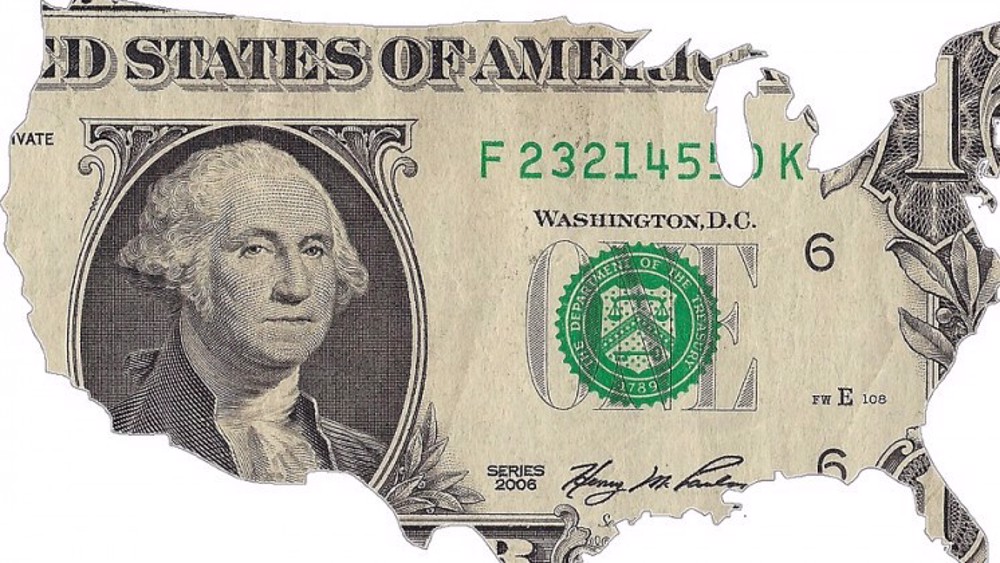
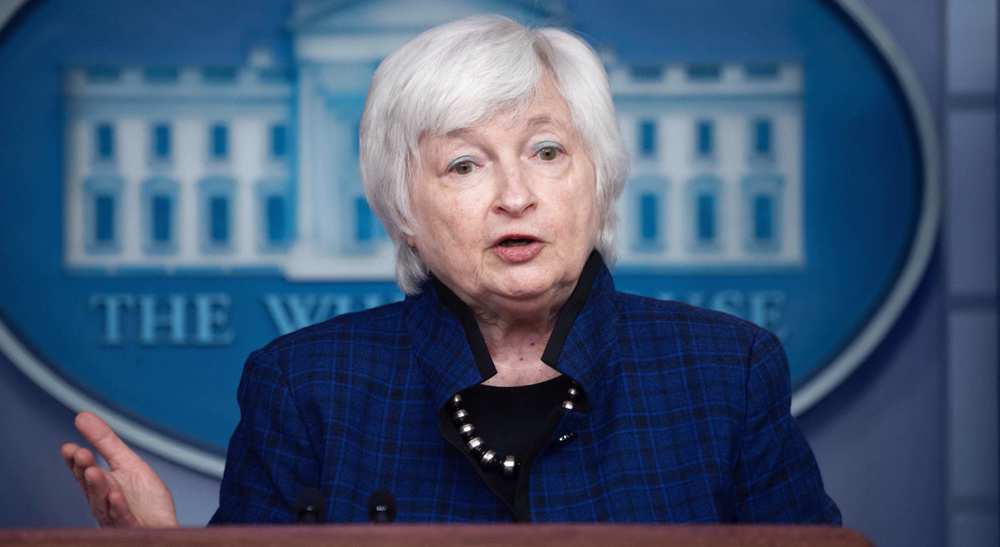
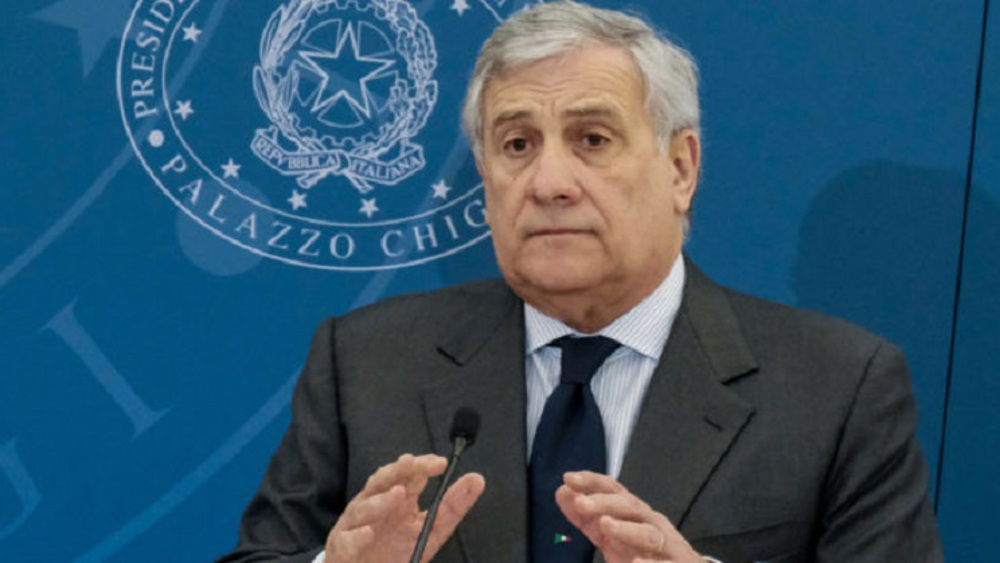





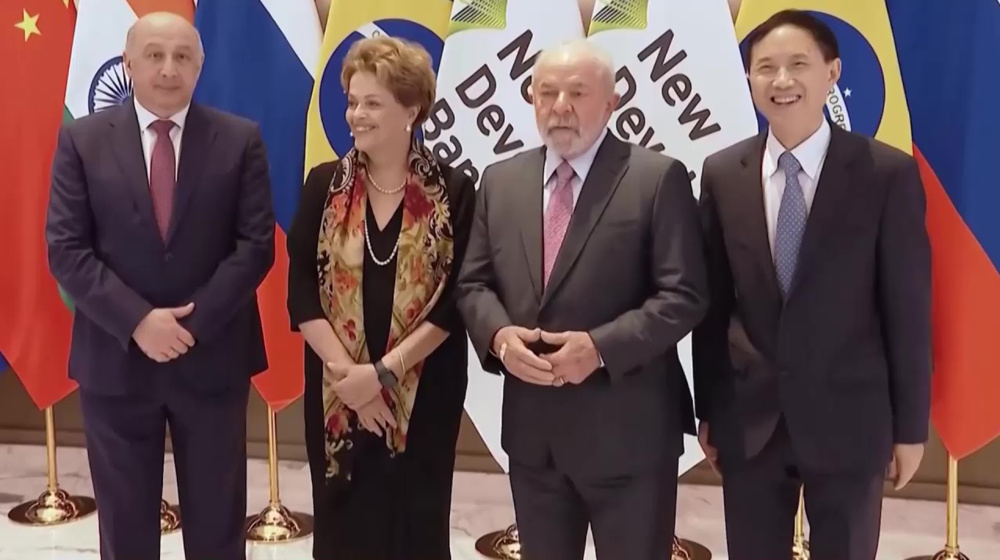
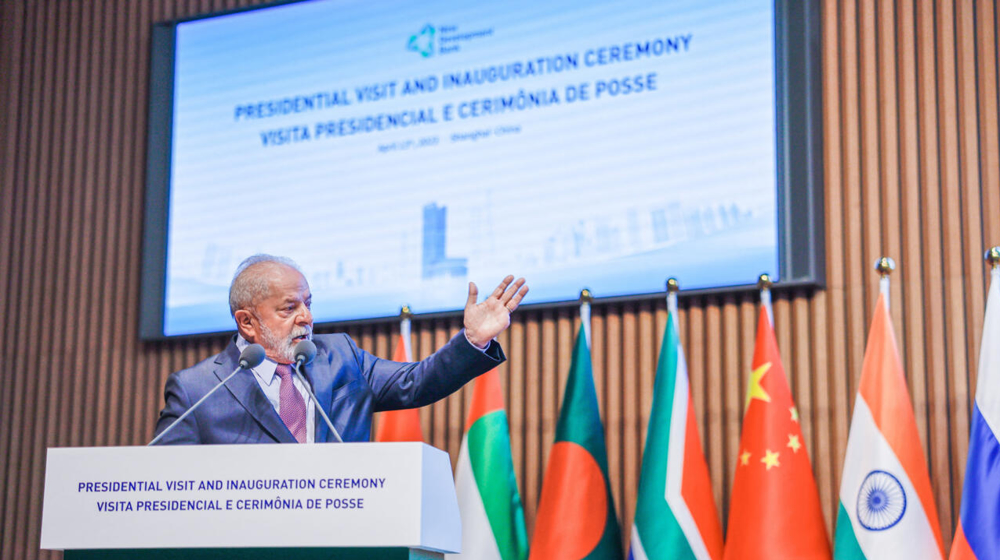
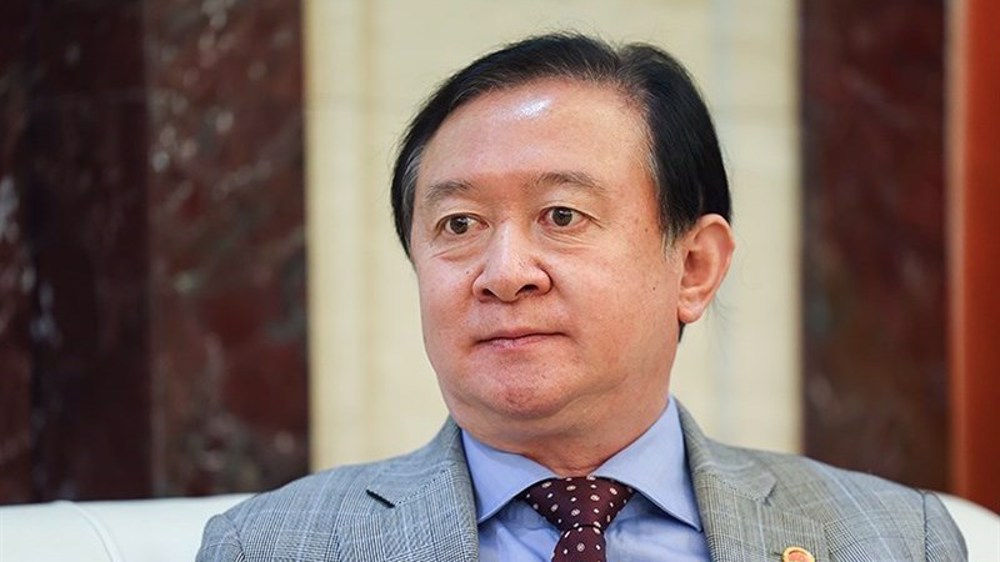
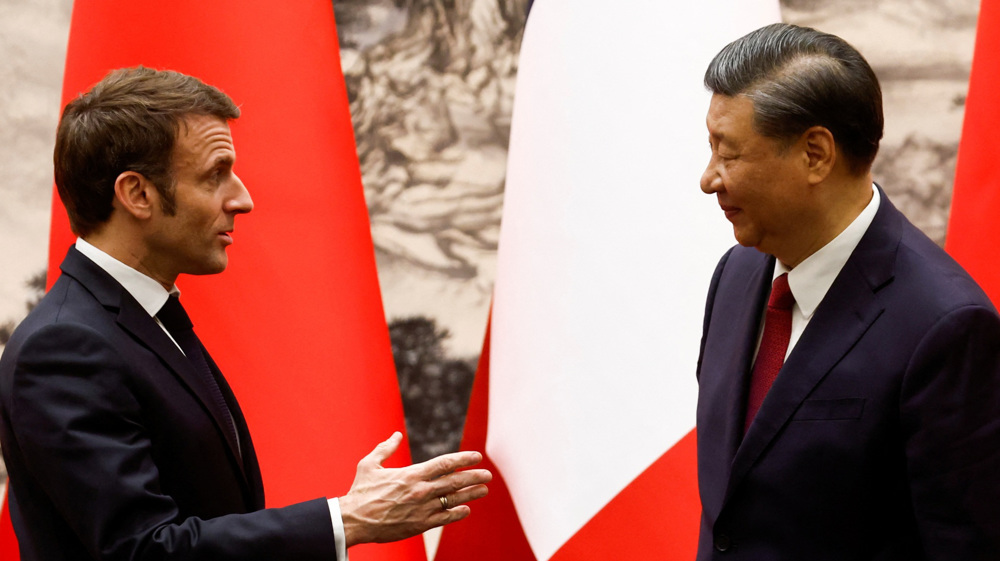
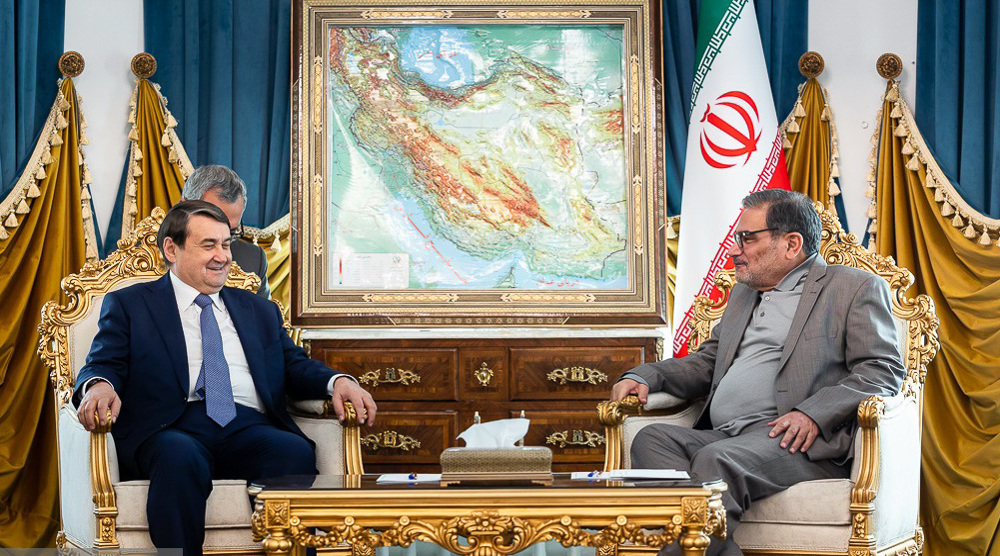

 This makes it easy to access the Press TV website
This makes it easy to access the Press TV website